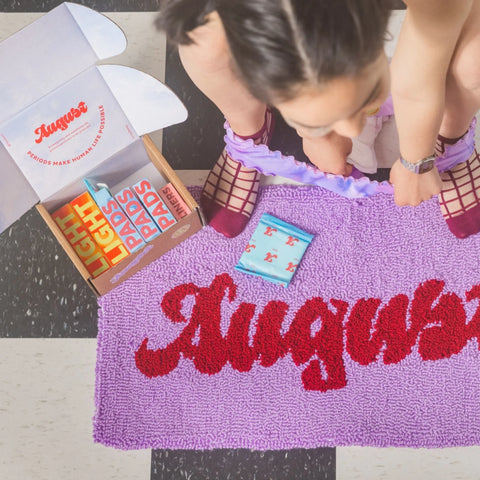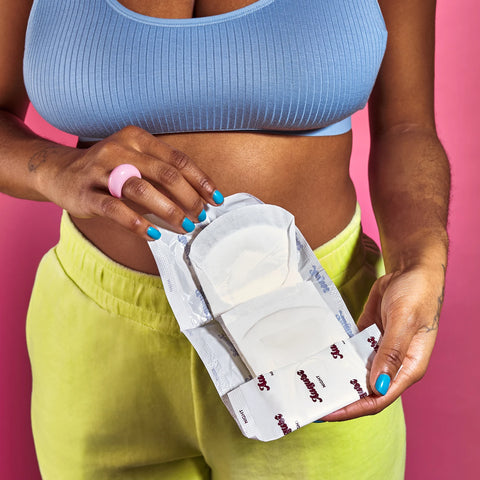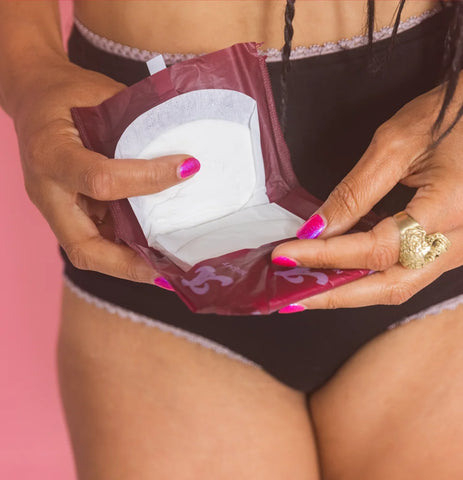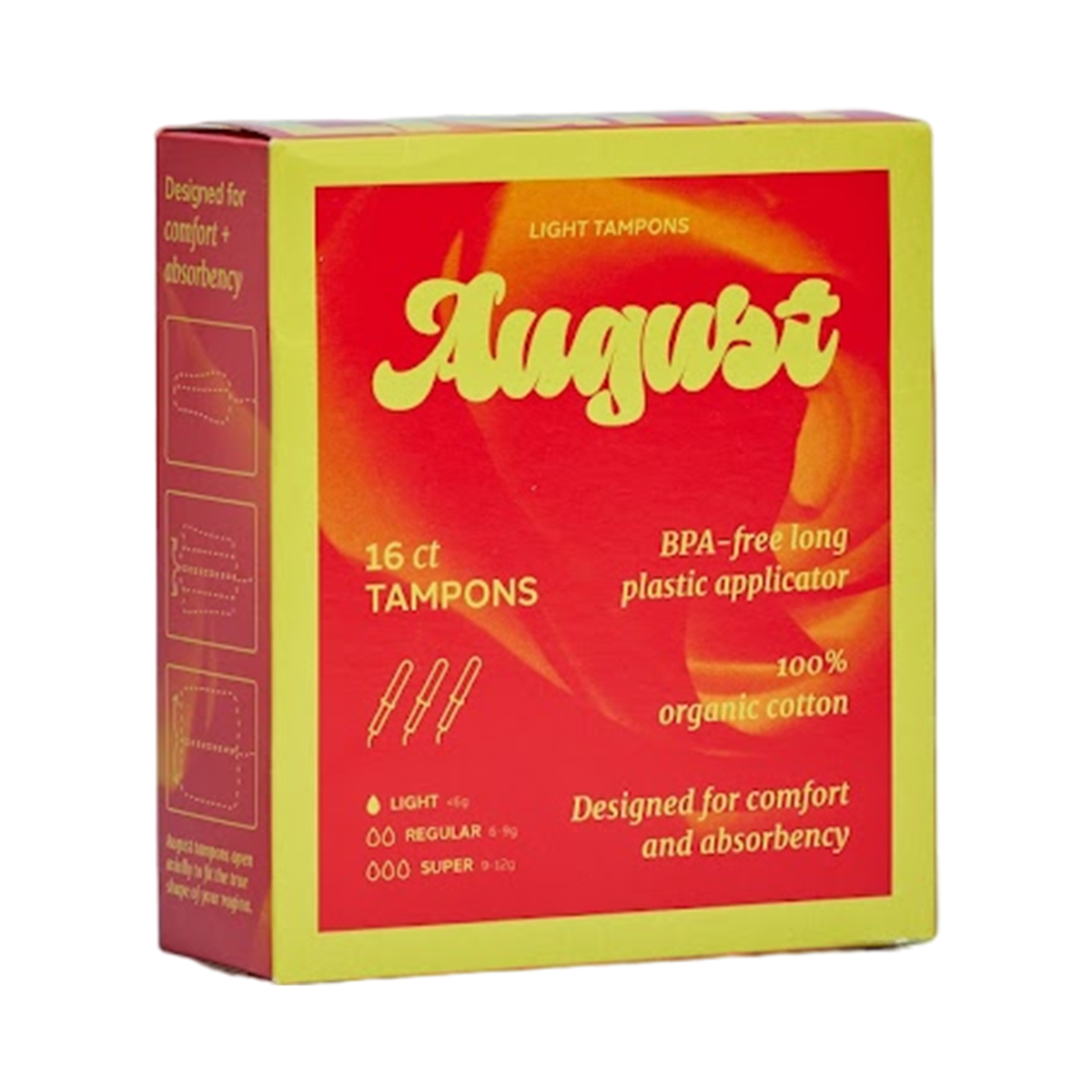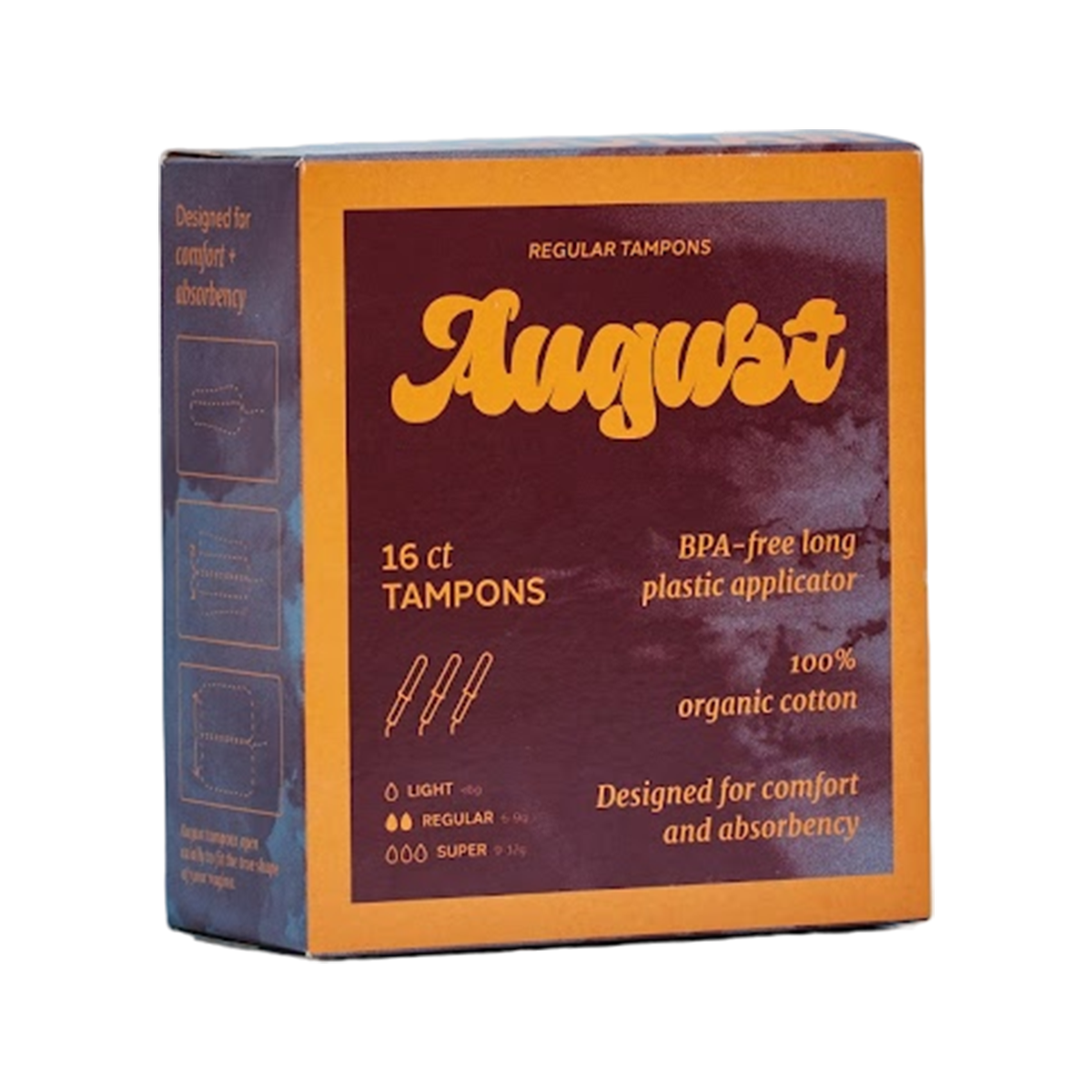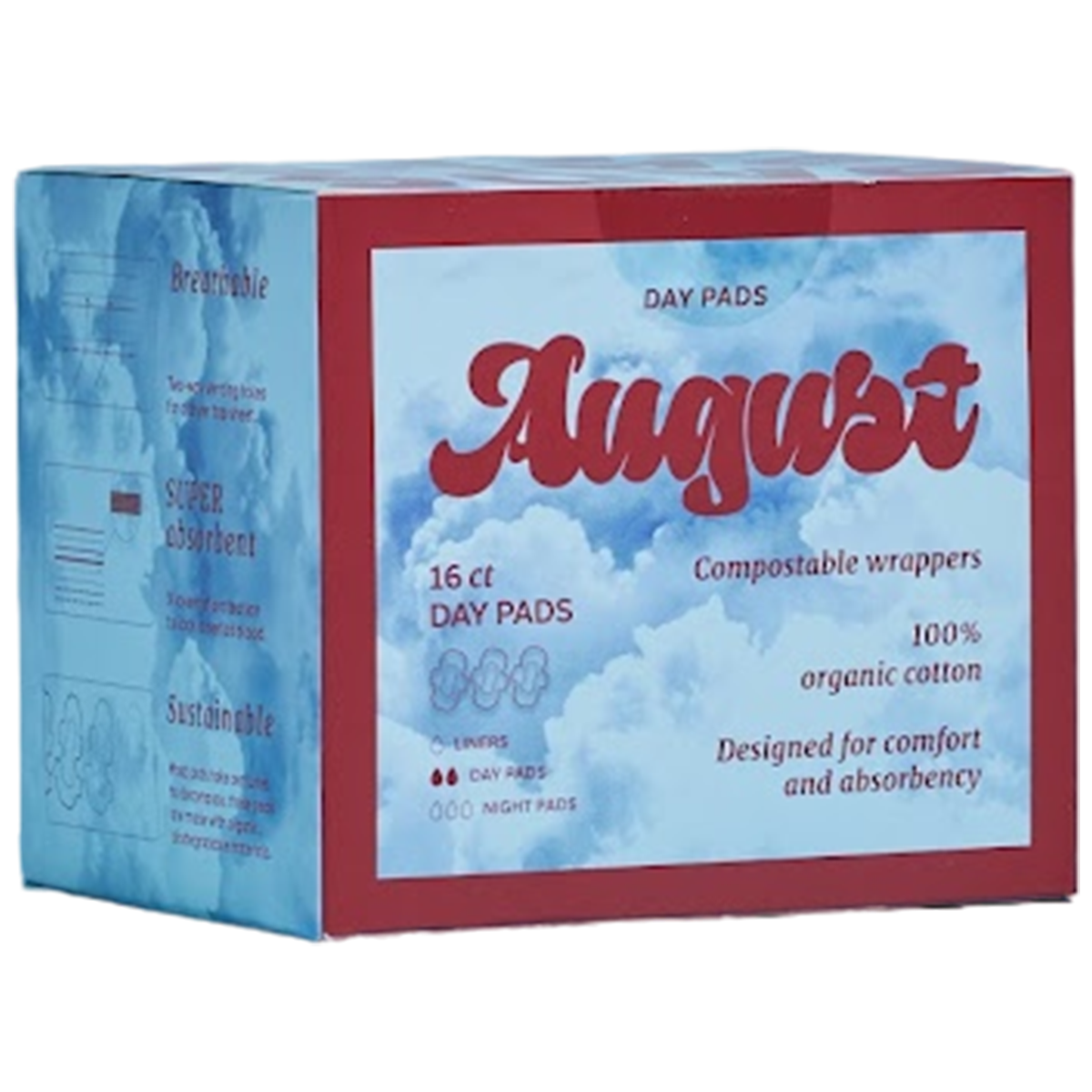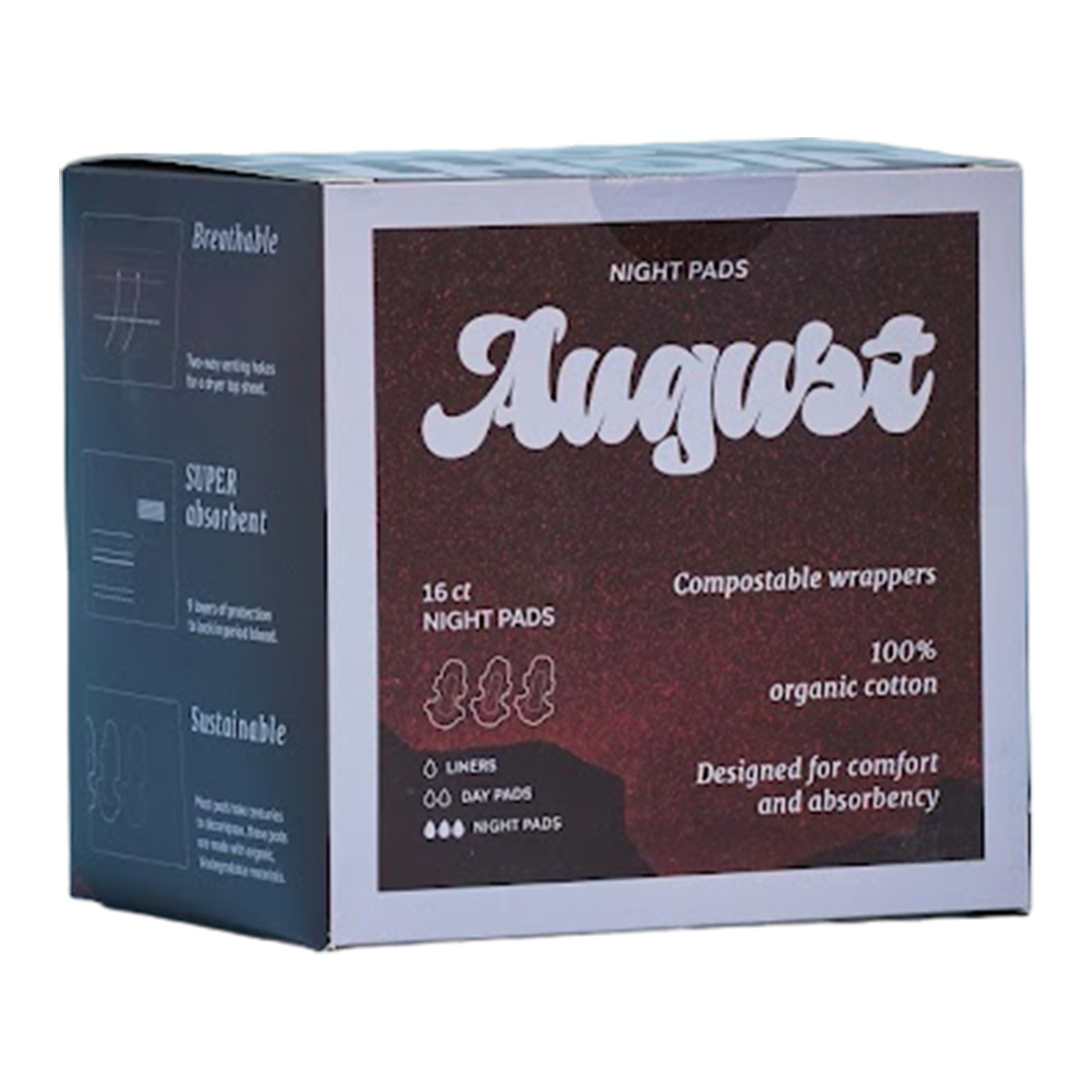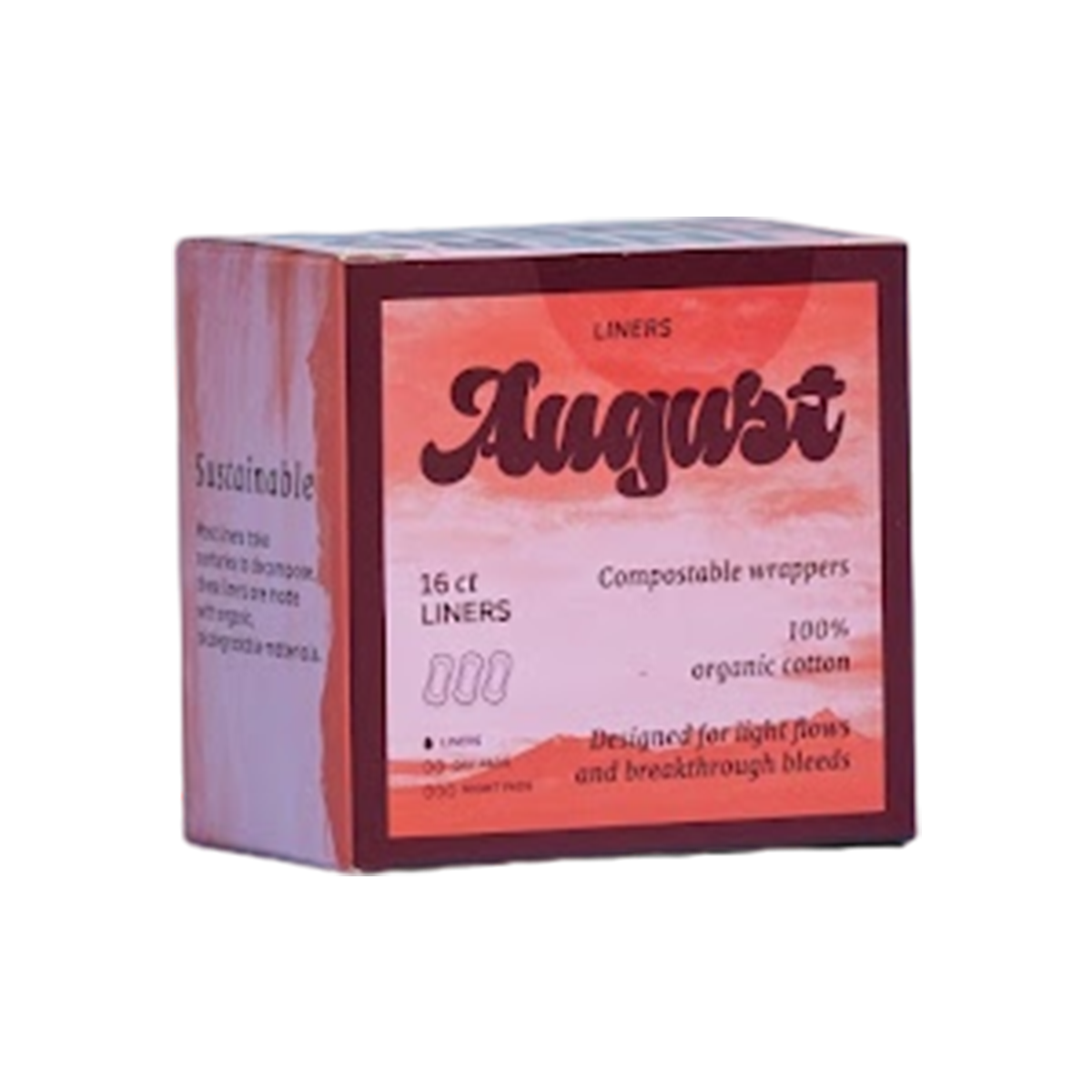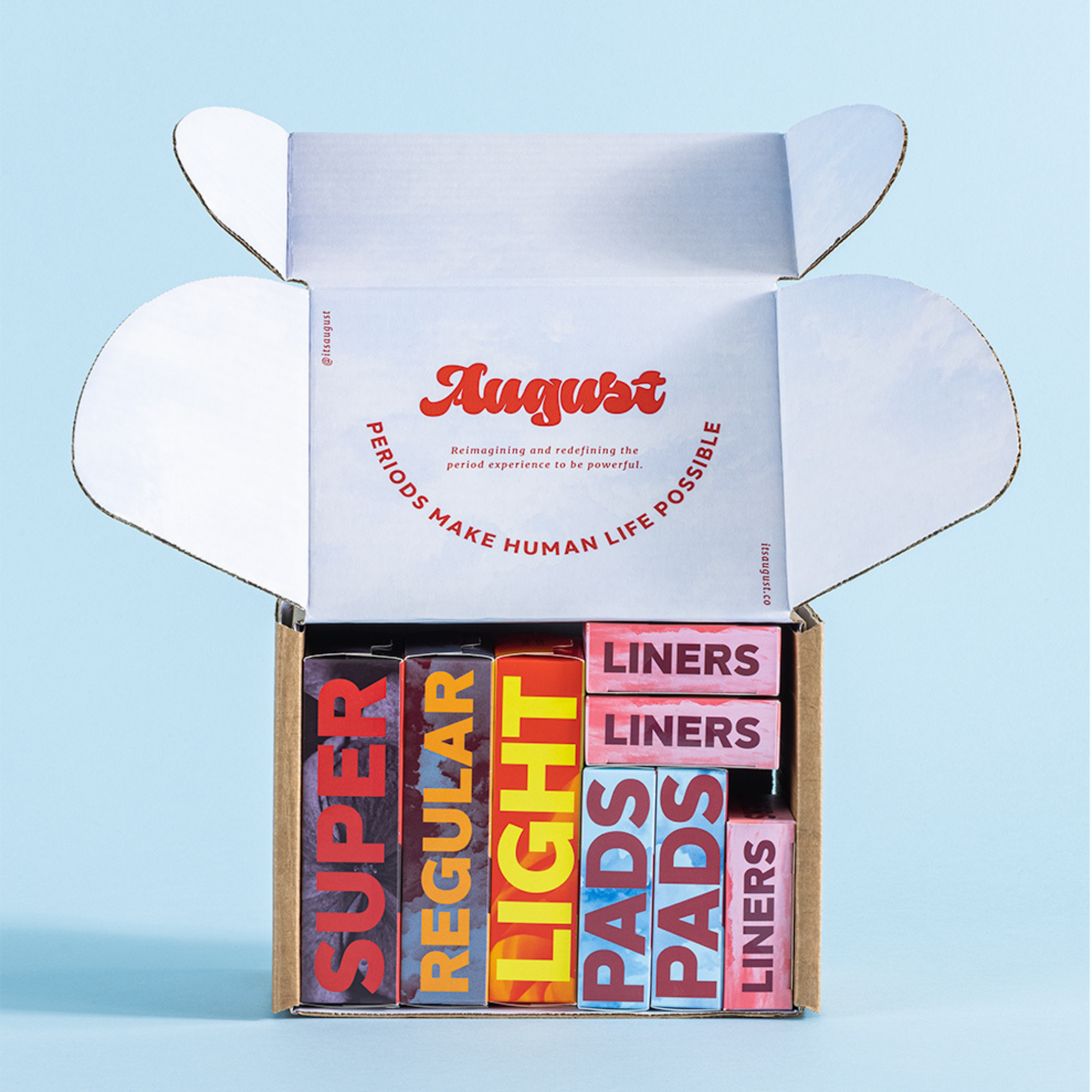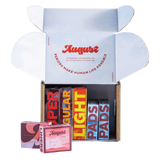Hormonal Birth Control Options and Its Impact on Periods
Hormonal birth control is common for people interested in regulating their cycles, helping with period or PCOS symptoms, and/ or preventing pregnancy.
As a result, it can have an impact on the timing of your period and the symptoms you experience.
Keep reading to get the answers to some commonly asked questions related to birth control and periods!
What are hormonal birth control methods?

There are many different hormonal birth control options available – which is why you should discuss the best option for your reasons to consider birth control with your doctor.
-
The combination birth control pill (also known as oral contraceptive pills or OCP) is a popular option. With perfect use, it is 99% effective. But people aren’t perfect, so in real world use, the efficacy rate is 91%. Combination birth control pills have both estrogen and progestin and are typically taken 21 days in a row, with 7 days of placebo pills or no pills before starting a new pack.
-
The progestin-only birth control pill (also known as a “mini pill”) is an option for individuals that do not or cannot take medication with estrogen. It is important to take the mini pill at the same time each day, and the real world efficacy rate is 87%.
-
The vaginal ring is a combination birth control with an efficacy rate of 91%. It can be replaced either monthly or yearly (Annovera).
-
The patch is a combination form of birth control that has an efficacy rate of 91%. It is replaced every week and can be worn in the shower/in water.
-
The Depo Sub-Q shot is another progestin-only option, and has an efficacy rate of 94%. It can be self-administered at home and only needs to be taken once every three months.
How does hormonal birth control affect periods?

Using hormonal birth control can have many different effects on your menstrual cycle such as:
- Easing period pain
- Lightening your flow
- Reducing acne
- Skipping your period
Each of these effects vary from person to person. So, it is important to ask your provider how hormonal birth control may affect you.
How does birth control reduce period pain?
By decreasing the amount of prostaglandins (chemicals your body produces to make the muscles of the uterus contract), birth control helps to reduce painful cramps during your periods.
How effective is birth control in reducing flow?
Depending on the type of birth control you use, you may see no change or significant reduction in your menstrual flow.
Progestin-only methods like some IUDs, the nexplanon implant, and the depo provera shot tend to be the forms of birth control where we see the most reduction of menstrual flow.
You would want to have a conversation with your doctor about what the most effective approach would be for you.
…And don’t forget to have a few August liners on hand for those lighter flow days.
Can I skip my period with hormonal birth control?
Yes you can!
If you’re not interested in having your period each month, you don’t need to. You can skip your period for as long as you’d like or as medically necessary.
In fact, there are often benefits to skipping periods. For example: people in the military, athletes, or those who are developmentally or physically disabled may face significant challenges managing menstruation.
Skipping periods may also be more convenient for anyone who has period symptoms that may interfere with their schedule, travel, or for other personal reasons.
It’s okay if you don’t get your period because you’ve chosen to skip it using hormonal birth control methods. However, if it’s absent and you’re not on birth control, then you should check in with a doctor.
The longer your period is absent because of birth control, the more likely you are to have unscheduled bleeding or breakthrough bleeding. More information on this below!
How long can you go without a period on birth control pills?

This answer depends on the version of birth control you’re asking about – remember that there are so many options other than just ‘the pill’!
-
Combination pills: For most brands, you can avoid having your period by starting the next pack of active birth control pills immediately after you finish the 21 days of your current pack, skipping the 7 placebo pills or 7 days with no pills.
-
Vaginal Ring: The ring method of birth control allows for people to skip periods by keeping the ring in for 4 or 5 weeks and inserting a new ring at the start of the 5th or 6th week.
-
Mini-pill: Certain birth control brands, like Camila the “mini-pill” do not offer the option of skipping periods because all the pills have active ingredients, so they all need to be taken at the scheduled time.
-
Depo shot: Similarly, one cannot skip periods on the Depo shot. For some people, their flow may become lighter or non-existent, but the shot should be taken at the scheduled time.
-
Patch: Lastly, doctors typically don’t recommend skipping periods on the patch based on CDC guidelines and medical protocol, unless you consult otherwise with your doctor.
What’s “break through bleeding” and when does it happen?
Irregular bleeding, also known as 'breakthrough bleeding', is a very common side effect when starting a new birth control method.
With time, your menstrual flow becomes more regular as breakthrough bleeding (or 'spotting') becomes less common. This type of bleeding pattern is most common with ultra low-dose, multiphasic, or progesterone-only type birth control.
Is it better to start birth control on Sunday or on the first day of your period?

This is completely up to you. You can start at any time. Waiting until you get your period will most closely mimic the natural timing of your cycle.
Providers have traditionally recommended a Sunday-start to help you remember when to change your pack and because you're more likely to have your periods during the week rather than the weekend.
But it really doesn't matter which day of the week you choose. You can wait until Sunday, or just start taking the pills on the first day of your period.
Do you still take the pill on your period?
Yes, you can take the pill while on your period.
If you have a pack with hormone-free (placebo) pills for the last row of the pack, you will likely get your period while taking these pills. You may also start a new pack of pills anytime during your period.
As you can see, there are many birth control options out there for you and your flow.
It’s important to discuss your options with your doctor, as well as with friends or family around you who have experimented with different methods of birth control.
August and Twentyeight Health are here for you as you get to know your flow!
Thanks to the Medical Advisors from the August Medical Board + Twentyeight Health’s Team who reviewed all of the necessary questions to ensure medical accuracy on the information provided!
- Dr. Alyssa Dweck, MS, MD, FACOG (August) is a practicing gynecologist who has a special interest in sexual health and medical sex therapy.
- Dr. Jennifer Lincoln, MD, IBCLC (August) is a board-certified OB/GYN and Hospitalist who you’ve probably seen educating about the anatomy of a vagina on Tiktok! She’s all about shame-free, easy-to-understand sex ed. – us too!
- Dr. Karla Robinson, MD, FAAFP is a licensed, board-certified family physician with over 15 years of clinical experience. She is passionate about women’s health and improving access to care for the medically underserved.





